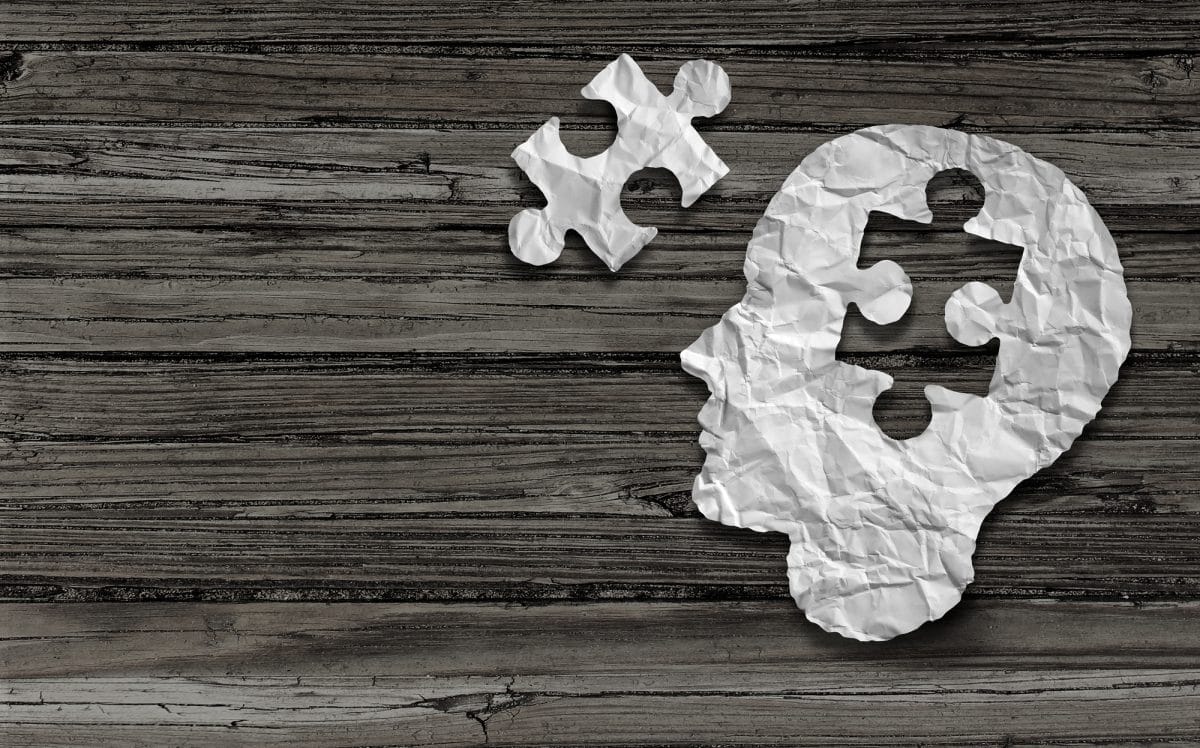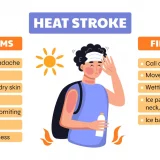Mental Health

Mental health includes all our emotional, psychological and social well-being. It affects our feelings and how we think and act. It is very important to know how we handle stress or how we make choices. The factors that may contribute are: biological factors, such as brain chemistry, life experiences, such as trauma or abuses and family history of mental health problems. They are far more common that people think, but luckily, you can ask for help.
There are some early signs that can help you identify these issues and seek for help as soon as possible. For example, pulling away from people, having low energy, feeling numb, helpless, anxious, forgetful, on edge, angry or yelling to close friends and family. Another thing to consider is the mood swings or the sadness, which can also be a reflection of depression. People with these issues are not alone and they have someone around them who wants to help. The best thing to do is stay positive, whether you are the one having mental health problems or if you know someone close who does. But most importantly, getting professional aid if you need to.
If you feel sad, too stressed or having anxiety, talk to someone. Do something that relaxes you, listen to music or read a book. But most importantly, never give up, no matter how bad your problems are, there is always a solution for every one of them and if you do not see it, ask people for help. There is no shame on that.
La salud mental
La salud mental comprende todas nuestras emociones, psicológicas o nuestro bienestar social. Afecta a nuestros sentimientos, cómo pensamos o qué hacemos. Es muy importante saber como somos capaces de manejar el estrés o qué hacemos a la hora de tomar alguna decisión. Los factores que puede contribuir son: biológicos, como la química de nuestro cerebro, nuestras experiencias vividas, traumas o abusos y, por último, la historia clínica de nuestra familia. Los problemas mentales son mucho más comunes de lo que algunas personas piensan, pero por suerte se pueden arreglar.
Por ejemplo, distanciarse de la gente que te rodea, tener energía baja, sentirte apático, impotente o ansioso todo el rato, ser olvidadizo, estar enfadado o gritarle sin razón a gente o familiares, son algunos de los signos más comunes que destacan en una persona con estos trastornos, aunque algunos también pueden indicar depresión. La gente con este problema, no está sola, siempre tienen a alguien a su alrededor dispuesto a ayudar. Lo mejor que se puede hacer en estas circunstancias es mantener una mentalidad positiva, ya seas tú o una persona cercana, pero es más importante pedir ayuda, si así lo requiriese.
Mientras tanto, hay algunas cosas que se pueden hacer para intentar paliar estos síntomas: hablar con alguien de confianza, ya sea tu doctor, un amigo o un familiar. También puedes hacer algo que te relaje: escuchar música o leer un libro. A pesar de todo esto, no desesperes. No importa cuán difíciles sean los problemas, siempre hay una solución y si tú no puedes verla, pídele a alguien que la vea por ti. No tienes que avergonzarte por ello.





